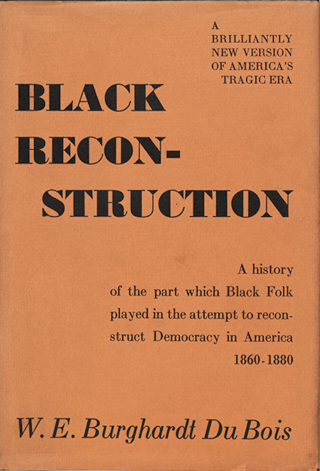In 1981 members of a revolutionary group called the Black Liberation Army robbed a Brink’s armored van at the Nanuet Mall in Rockland County, just outside New York City. In the robbery and a subsequent shootout with police, a guard and two police officers were killed. Assisting this Black Nationalist “expropriation” operation were four white Communists, members of a faction of the Weather Underground called the May 19 Communist Organization. They acted as getaway drivers, and three of the four were unarmed, yet they were convicted of murder and sentenced to decades in prison.
One of these white participants, Kathy Boudin, told a skeptical Elizabeth Kolbert, who interviewed her in prison for a 2001 profile in The New Yorker, that she didn’t know anything about the target of the robbery, how it was planned, who was going to commit it, or the intended purpose of the money. She was approached only a day before it took place. This wasn’t mere ignorance, she explained, but a political act of faith. She told Kolbert:
My way of supporting the struggle is to say that I don’t have the right to know anything, that I don’t have the right to engage in political discussion, because it is not my struggle. I certainly don’t have the right to criticize anything. The less I would know and the more I would give up total self, the better—the more committed and the more moral I was.
Boudin had decided to “put myself at the service of a Third World group,” a category that in the thinking of the Weather Underground could be extended to include Black Americans. Her extreme passivity in the planning and execution of the Brink’s robbery was the outcome of a logic described in Prairie Fire, the Weather Underground’s most substantial theoretical statement, distributed in various semi-clandestine forms between 1970 and 1974:
The Black struggle for self-determination is the strategic leading force of the US revolution…. Black and Third World people’s right to determine the direction of their struggle is undeniable. Self-determination means the right of oppressed people to seize and organize their future and the future of their children…. Whatever decisions Black people and other oppressed peoples make in exercising this right to self-determination, white revolutionaries and anti-imperialists have a very clear-cut responsibility to support those decisions once they are arrived at. This does not mean to support only those choices one approves of.
Boudin’s surrender of agency in an action that cost three lives and led to her spending twenty-nine years in prison is an extreme interpretation of this “responsibility.” The political moment in which she acted seems distant, but her choice echoes now, as a younger generation of Americans tries to formulate a politics to address systemic racism. One idea inherited from 1960s radicalism is that of “white privilege,” a protean concept that has found its way into conversations about political power, material prosperity, social status, and even cognition. Invoking whiteness can stand in for older leftist ideas about class and power, or it can be a way of modifying those ideas. Whiteness can name a specifically American caste system—a historical product of plantation slavery—or a set of unexamined beliefs about a person’s own centrality, neutrality, authority, and objectivity. It can also take on a transhistorical, even transcendental quality, naming something more like a spiritual condition, a fallen state that is paradoxically also one of culpable innocence.
